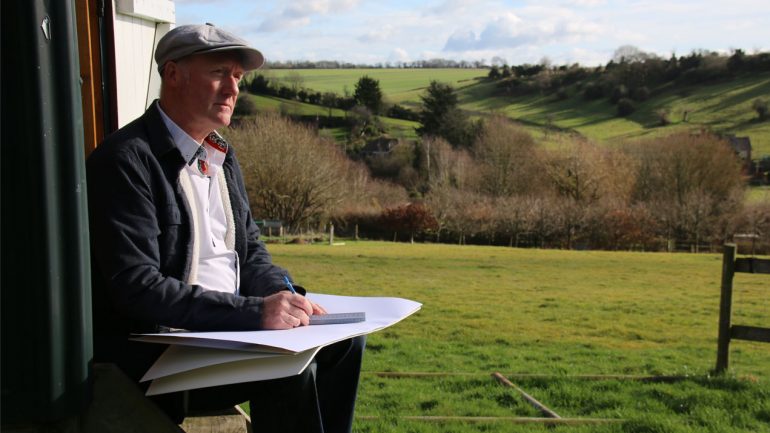In our final guide to designing your own outdoor space, we move to the ‘soft’ landscaping elements of garden design: planting, as we have considered ‘hard’ landscaping (e.g. patio, decking, pergola, fencing, paths), in previous issues.
Plant selection all starts with assessing your garden for the growing conditions you have. A carefully planned planting scheme saves you money in the long term, as a plant in the wrong position and soil will not thrive. Assess the sun position, how much light each area gets and the type of soil you have. It is best to always select plants suitable for the soil type you have whether clay, sand, loam or chalk and its ph (acidic / neutral / alkaline). Using a soil testing kit is helpful to assess the PH.
Consider a colour palette and planting to match the style of your conceptual garden design and level of maintenance requirements (low/high). Then choose a combination of planting to fit your palette and style. Start with trees and shrubs to provide screening, structure and height. Use evergreens to provide all year round colour, through their foliage. Look at grasses, climbers, perennials, bulbs and annuals for seasonal colour. Think about
foliage, texture and some focal plants, to draw the eye.
Once selected you can place onto your conceptual plan, allowing correct placement for the plants eventual height and width, utilising repetition, grouping for impact and creating layers of interest.
Finally, make sure you reference your plants on your plans, so you can easily identify positions when you come to plant in the future.
This concludes the series on designing you own garden, best of luck!
Please contact Greg Whale at ‘Blue Tulips’ for coaching sessions or garden design services
T. 01258 881112 | 07900 431701


Leave a Reply